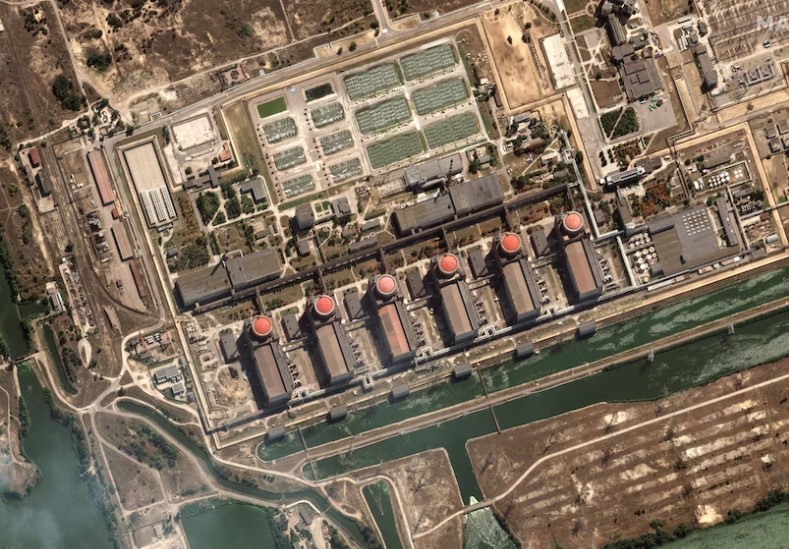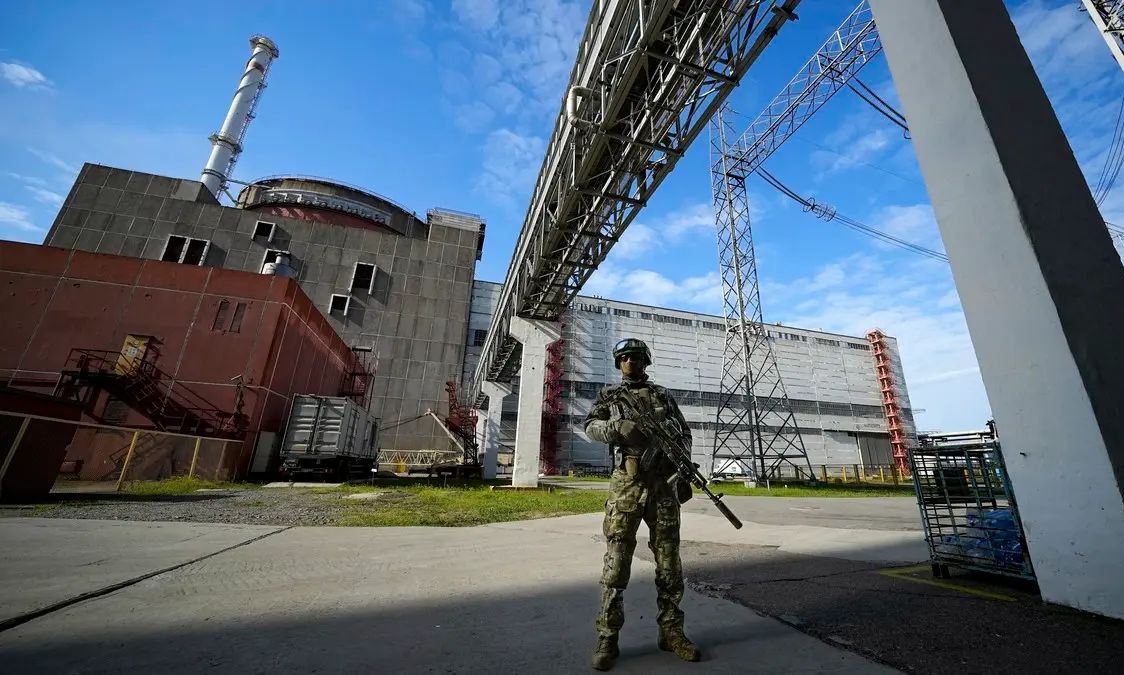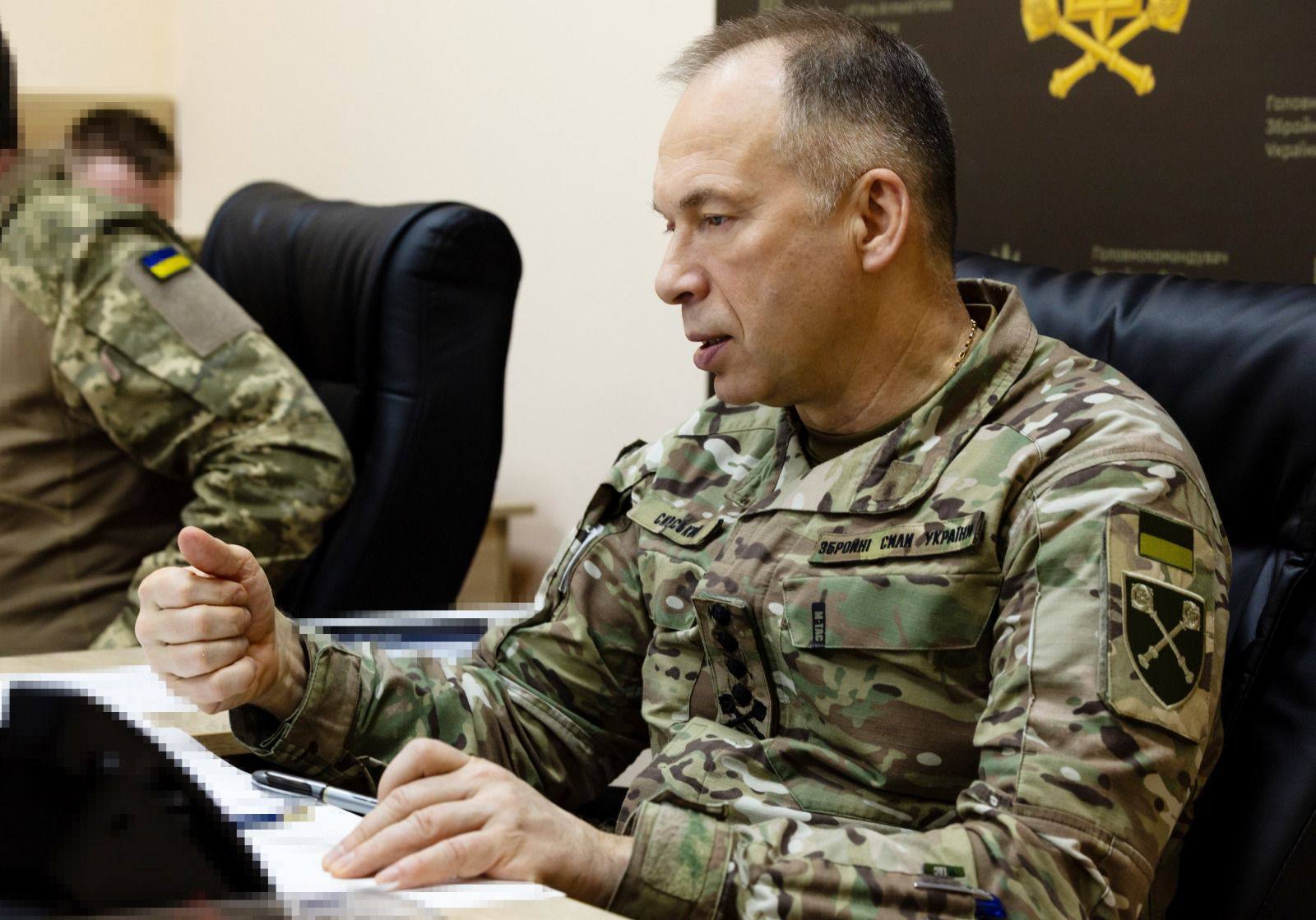Before the occupation, there were about 11,000 employees at the Zaporizhzhia Nuclear Power Plant, and now it is served by just over 2,000 people.
This was reported on Ukrainian Radio by the mayor of the occupied Enerhodar, Dmytro Orlov.
"Since the beginning of February this year, the occupiers have stopped admitting licensed personnel who have not signed contracts with a fake company from Rosatom. So if they had a difficult situation with providing qualified personnel for the Zaporizhzhia NPP up to that point, then from February it became extremely difficult. Currently, the station is serviced by slightly more than 2,000 people, not all of whom are specialists, and not all of them even worked at the Zaporizhzhia NPP before," said Orlov.
He reminded that before the occupation, there were about 11,000 employees at the station. However, most of the personnel of the operational unit, which is licensed, left for the territory controlled by Ukraine.
According to him, the Zaporizhzhia NPP has been "operating as a military base" for the third year in a row.

"The perimeter is mined, and the territory is partly mined. The personnel of the occupation forces and military equipment are located in the technological premises. The staff have to endure psychological and physical pressure, as well as torture from the occupiers. Currently, about ten people are being held in occupation dungeons for their pro-Ukrainian position or simply because something was found on their phone or in their apartment," Orlov informed.
He noted that about 20% of the residents remained in Enerhodar, which is approximately ten thousand people. Before the occupation, the city had a population of 53 thousand people.
The abandoned apartments are "nationalized" by the Russians, who settle the personnel brought from Russia.
"But not many people are willing to move even from remote corners of the mainland of Russia to Enerhodar. They understand that it is close to the front line. However, this does not apply to the specialists whom the Russians forcibly bring in. Workers are sent on business trips for a month or two or half a year, and then they are sent back to their permanent places of residence," the mayor said.
However, according to him, this does not cover the need for personnel "neither in terms of expertise nor in terms of numbers."




















